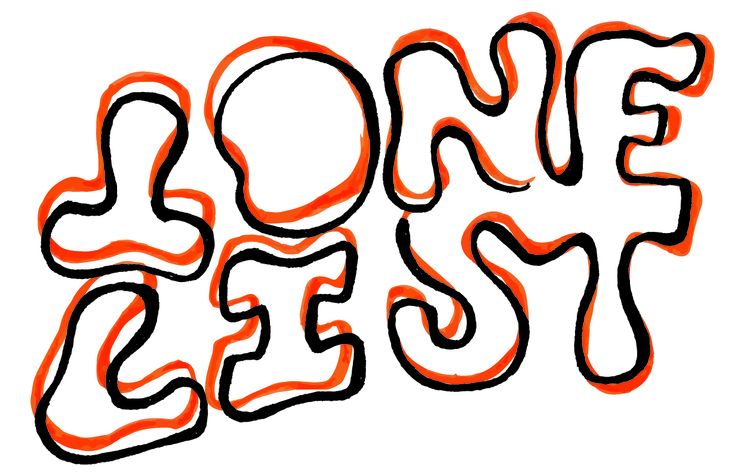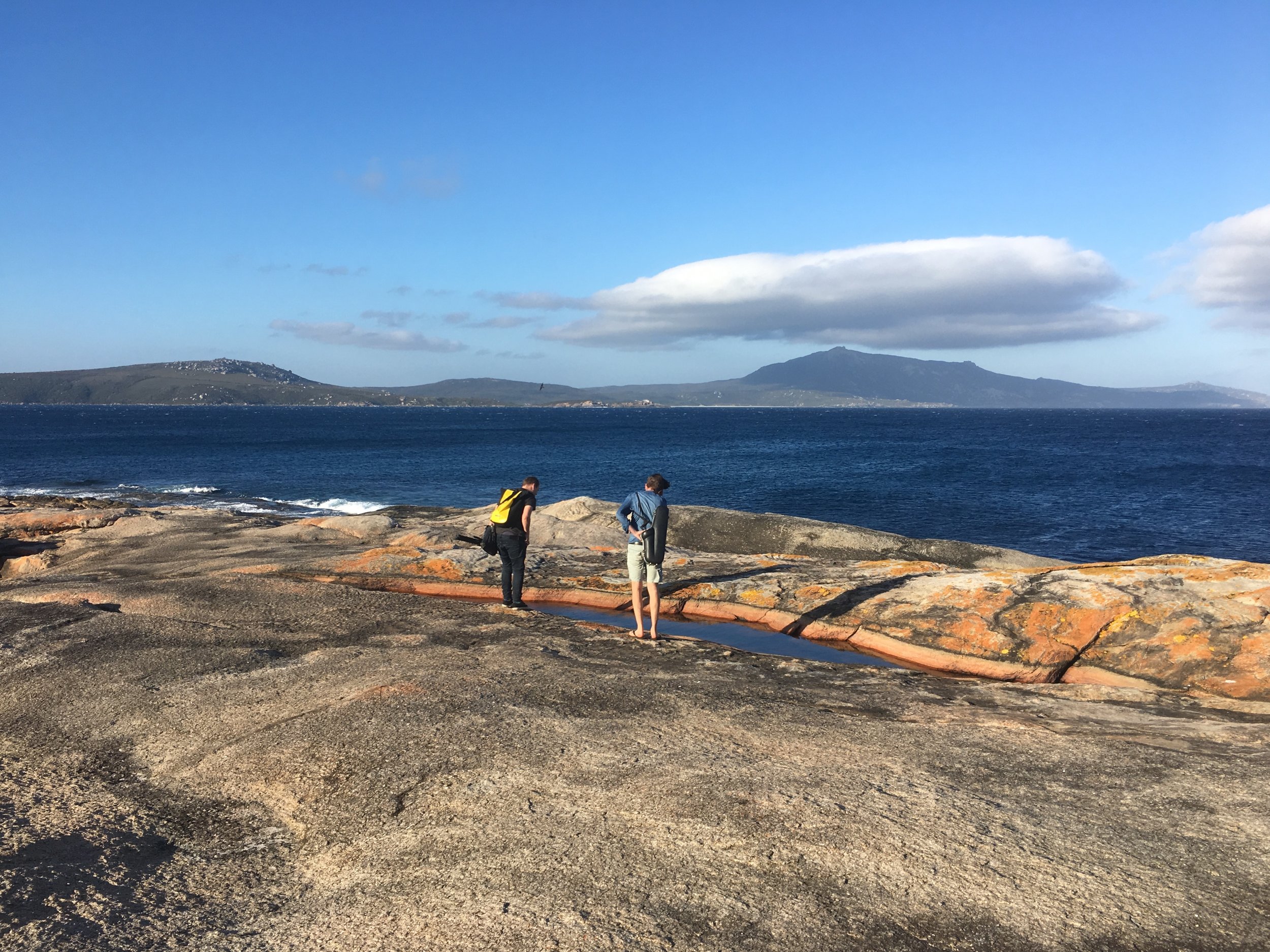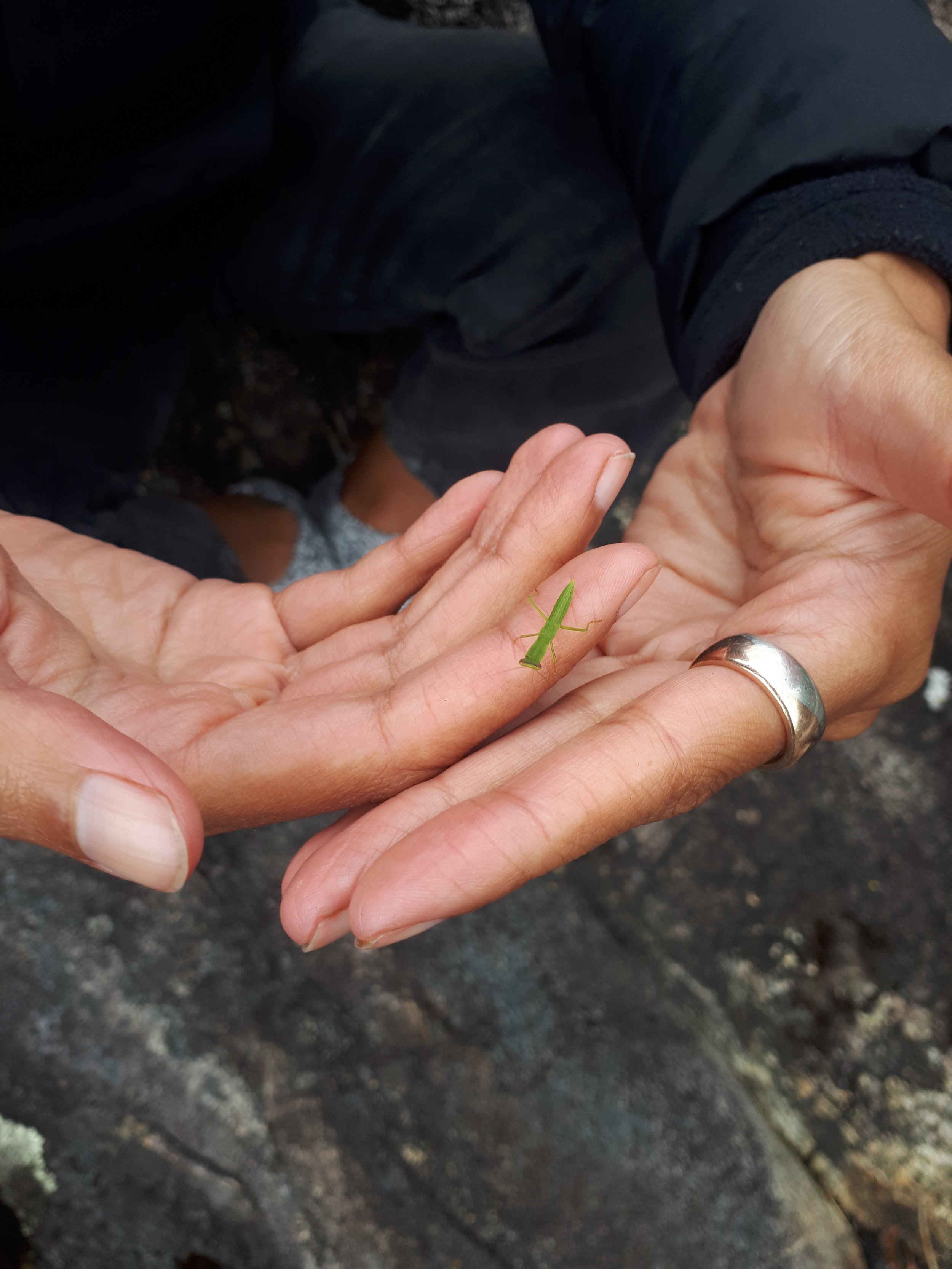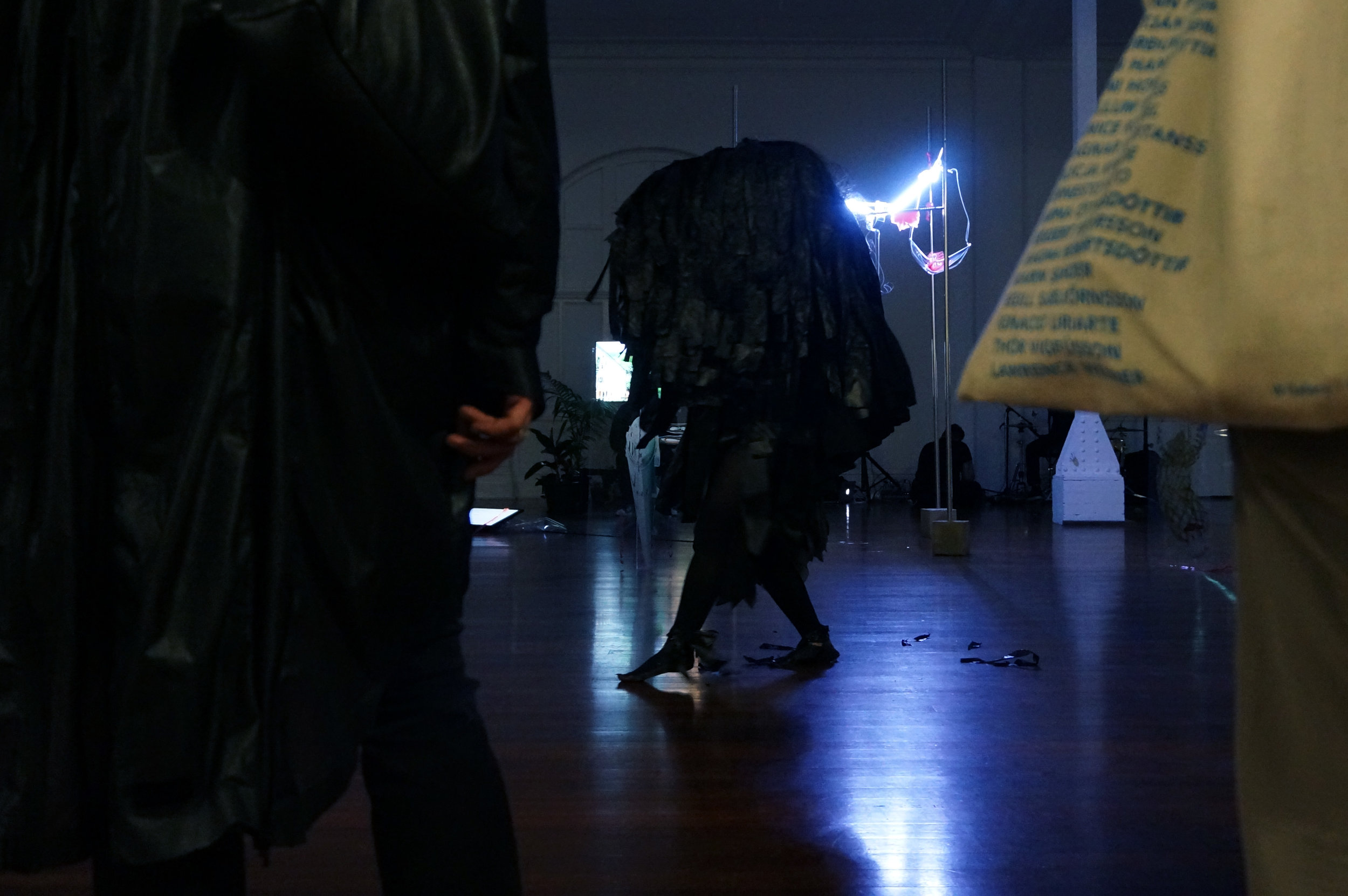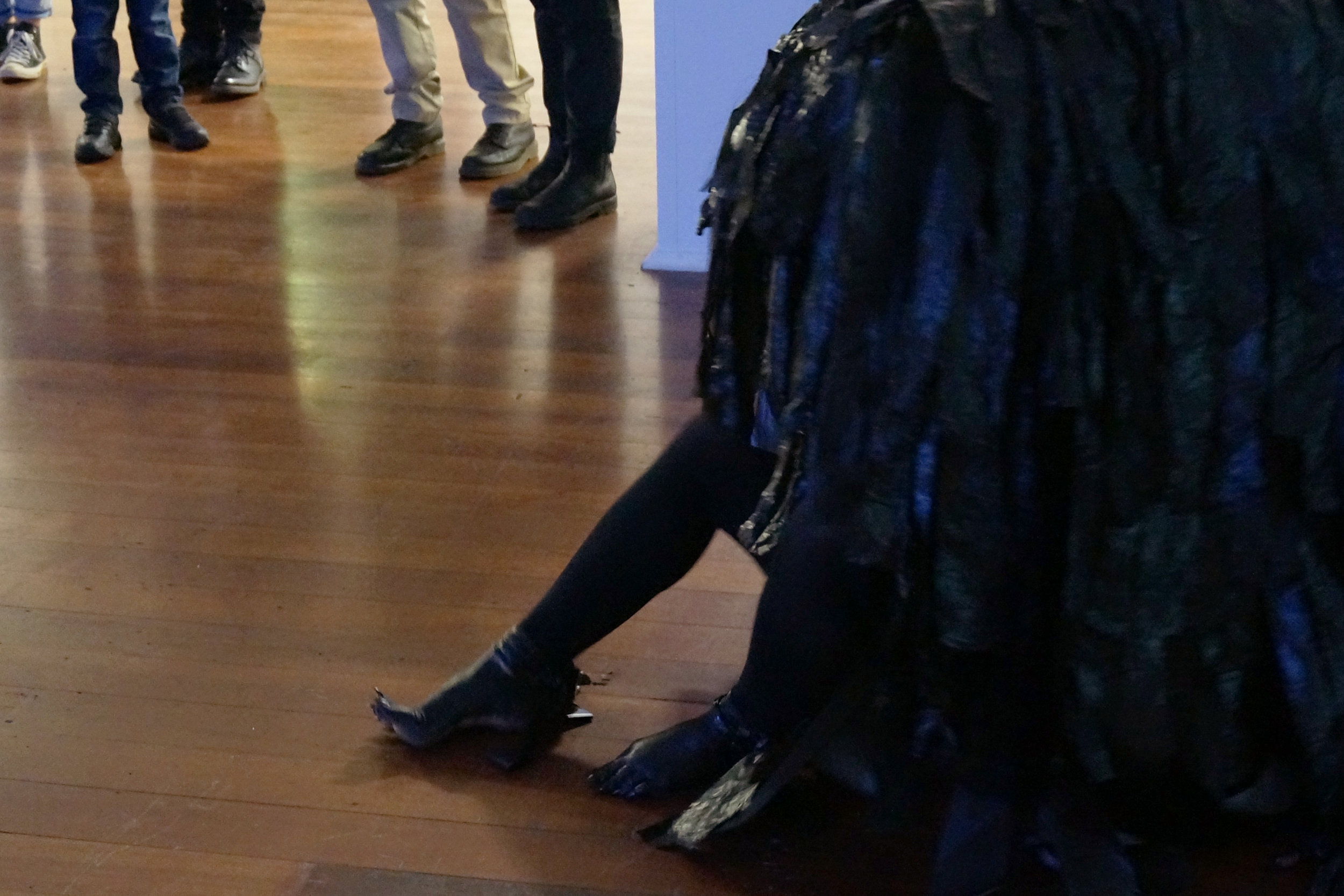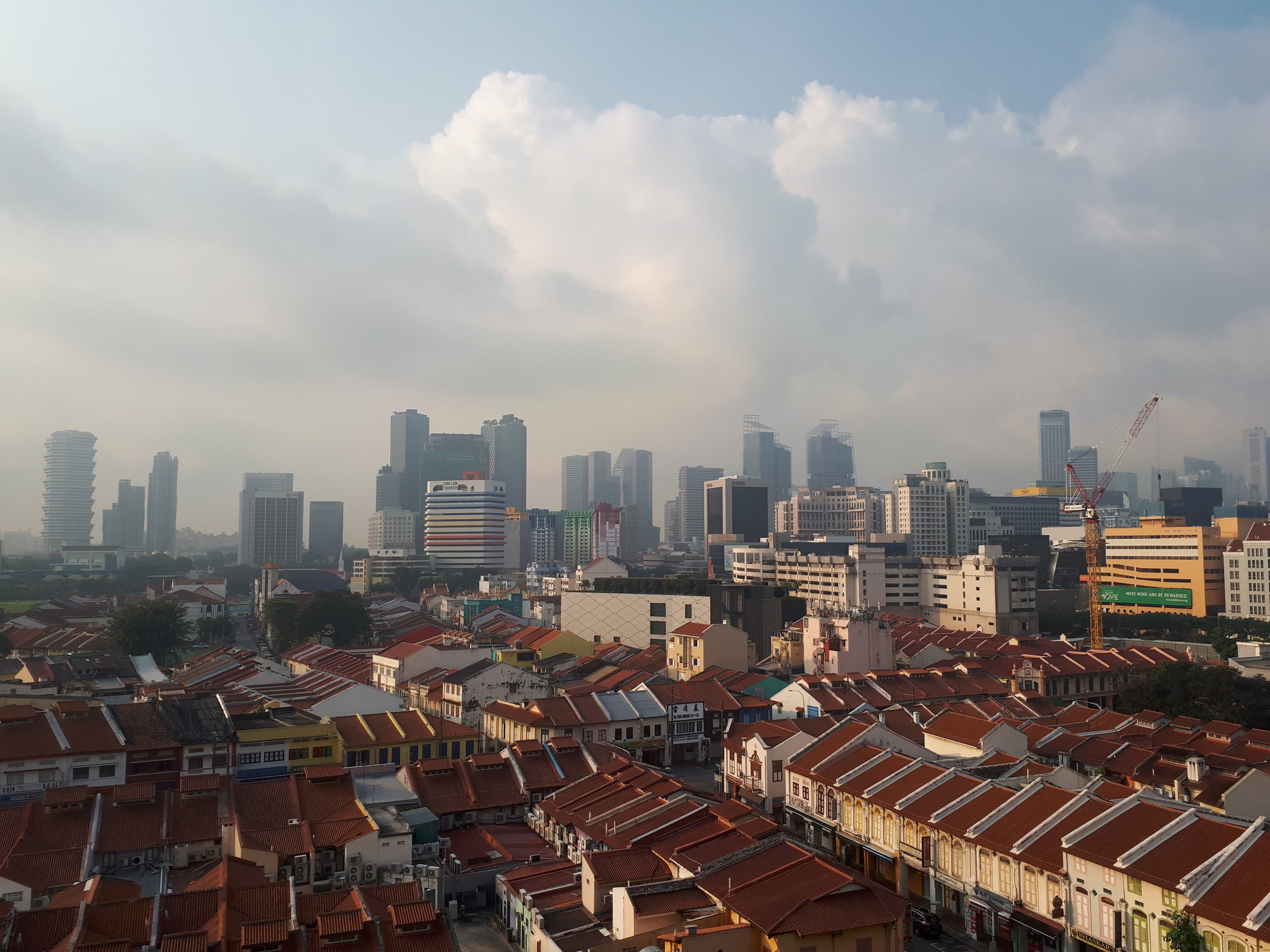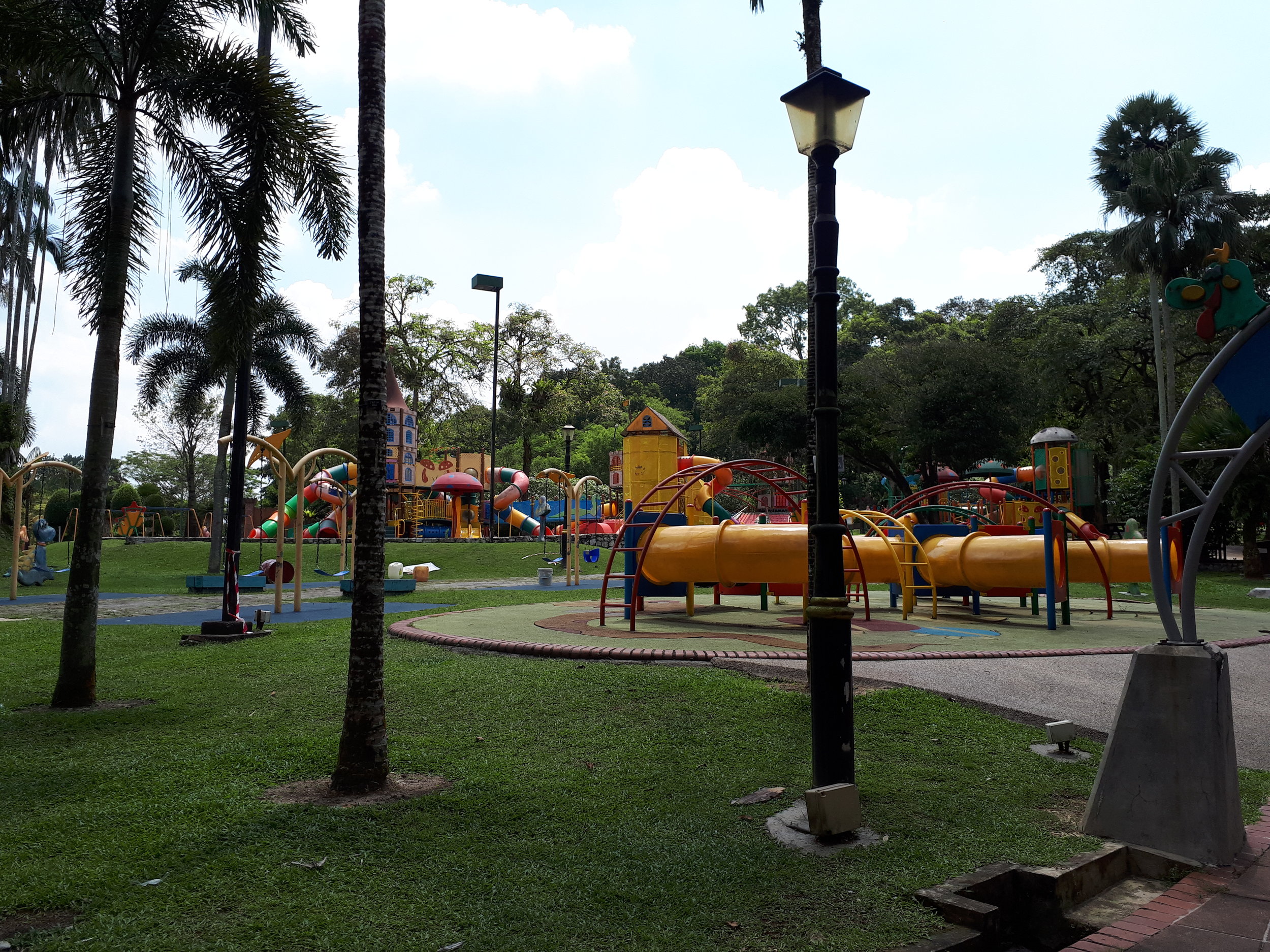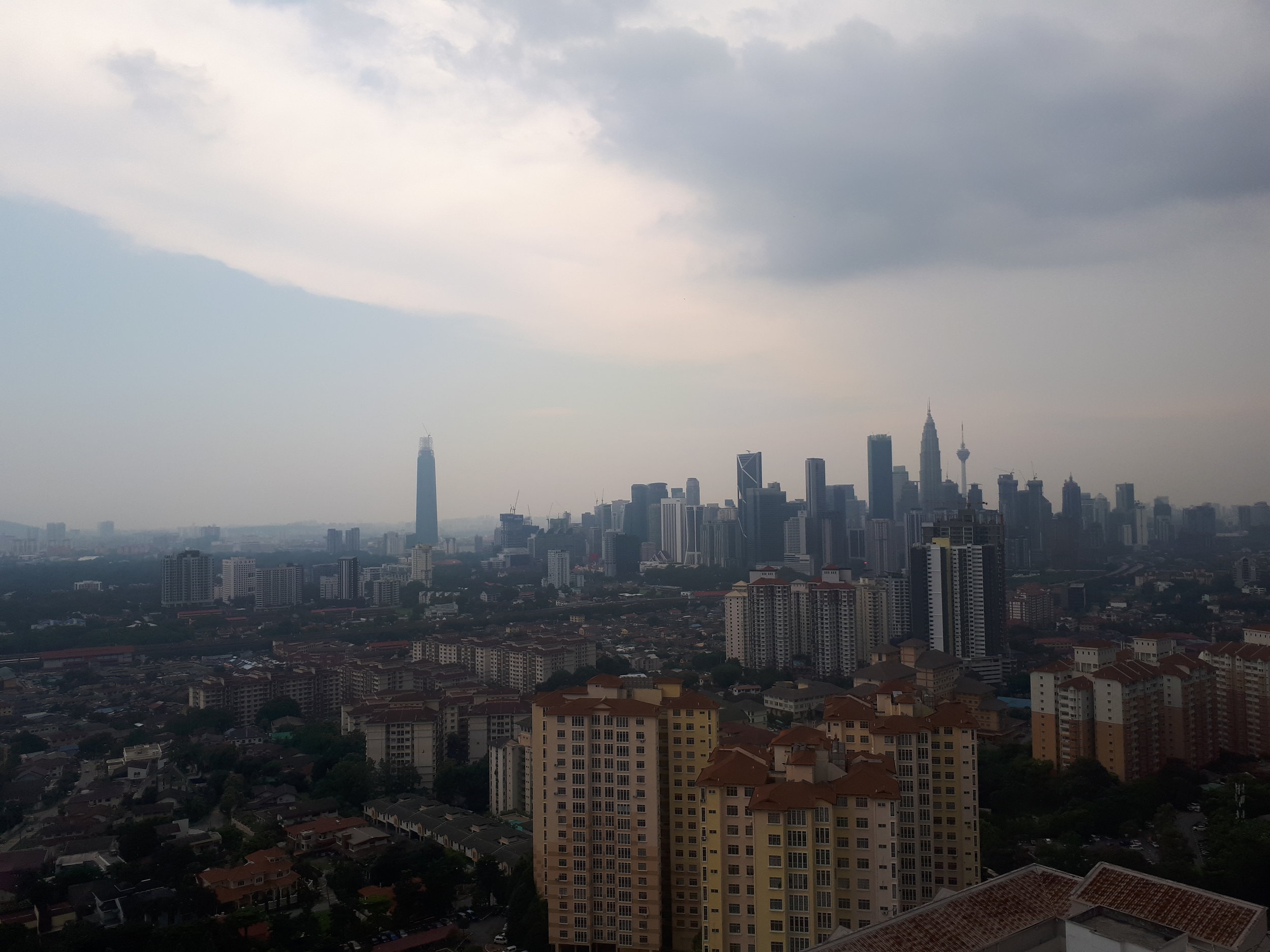The same questions, asked to different improvisers in Perth. Credit for the idea, and some of the questions, goes to the Addlimb archive.
Photo by Josh Wells Photography.
What led you to improvised music?
Mr Bungle. I discovered Bungle in the early 1990’s, up to this point I was listening to mainly rock and metal music. From here I started investigating 1980’s Downtown music and then worked my way backwards into jazz.
What instrument or equipment do you use to improvise, and what is your relationship with this equipment?
I play a standard drum set and an assortment of percussive instruments including cymbals, chimes, bells, gongs, kitchen utensils, tin cans, sheet metal, chains etc. I also improvise with digital electronics on a laptop. I have played the drums since I was 12 years old and naturally enjoy a deep connection with my instrument. There have been moments along the journey where the drums have ruled me and those where I have sought to assert myself over them. Today we share a healthy working relationship! I have no real connection to equipment as such. I am not a drum-nerd. My interest and enjoyment comes from getting the best and most interesting sound from the equipment I happen to be playing at any given time within the context of a given performance.
What keeps you improvising? What do you think makes this music important, either personally, socially, politically, etc.
The sheer excitement of creating something new with each performance. The unpredictable nature of improvised music keeps things fun and interesting, when done right. It is the challenge of doing it right, the joy of getting it right and the people I meet in the process that keeps me going.
What are your feelings on the relationship between planning and spontaneity in improvisation?
Everything is planned to the extent that ones playing will inevitably be shaped by ones own life/musical experience. My main area of interest over the past few years has been in composing for improvisers. I am always looking for ways to provide compositional frameworks that give performers scope to improvise while blurring the discernable line between pre-composed and spontaneously composed/performed music.
How do you evaluate or reflect upon improvisations you’ve played? How does the evaluation of a recording differ from the evaluation of a performance?
I try not to be overly critical of my own performances. The days of oppressively grilling myself are, thankfully, long gone. I tend to reflect on the over-arching nature of a performance - vibe, momentum, colour, shape, energy, purpose.
A recording can obviously be played back and allows you analyse every aspect of a performance in fine detail. Critical analysis of recordings is a very effective way to improve - provided it is done positively and constructively. Celebrate the good bits, work on improving the not-so-good bits and always strive to be a better musician.
Do you think there is room for discursive thoughts in improvisation? Can these thoughts whilst playing be productive rather than distracting, and if so, do you have an idea as to when this might be the case?
I am not certain I understand this question. Discursiveness negatively connotes aimlessness, so in this respect discursive thought is generally unproductive and distracting in the context of making music. The best music to my mind, whether it be spontaneously composed/performed or otherwise, moves with purposeful direction.
Can you name three albums/pieces/experiences that inspired you to start improvising, and three that are currently inspiring you?
It is very difficult to restrict each list to three, so I will stretch this answer out.
Past
The music of Ornette Coleman. I discovered Ornette’s music in the mid 1990’s. ‘New York Is Now’ was a highlight - so raw and intense, Elvin absolutely kills it! About fifteen years later in 2009, I saw Ornette perform live at the Meltdown Festival in London. I was lucky enough to study at the School of Harmolodics program that formed part of the festival during which I met and performed with a host of incredible artists including Fred Frith, Patti Smith and David S Ware. Needless to say, this was an inspiring week.
‘Funny Valentine’ by Massacre (Fred Frith / Bill Laswell / Charles Harward). Still my favourite improvising noise rockers. These guys play with an unnerving focus. Loud and direct.
‘Topography of the Lungs’ by Evan Parker / Derek Bailey / Han Bennink. This is a seminal work in ‘freely improvised’ music. I would see Evan Parker as often as I could during my time living in London. He is a true master and a constant source of inspiration to countless people. His live performances are often spellbinding.
Present
‘The Compass’ by Álvaro Domene. I am constantly inspired by my good friend Álvaro Domene. His latest solo recording is phenomenal. He is a guitarist based in New York who has developed into an extraordinary musician through sheer determination and hard work. Together we run a record label and have performed on a few albums over the past years. I am always checking out his latest performances and recordings and am inspired by them all.
‘Hotel Grief’ by the Tom Rainey Trio. Tom Rainey (drums), Ingrid Laubrock (tenor) and Mary Halvorsen (guitar) are each inspiring musicians, their individual output is always worth checking out. This and their other trio recordings are a few years old now, to my ears they reach a virtuosic pinnacle of spontaneously composed/improvised music.
‘Volition (Live at Café Oto)’ by Alex Ward Item 10. Alex is a guitarist and clarinet player based in London. He studied with Derek Bailey and is a total bad-ass improviser and composer. He leads his own big and small ensembles of improvisers, his music is always exciting and hugely inspiring to me. This album is bursting with energy, truly breathtaking stuff.
What do you feel should happen next to see further growth in exploratory music practice in Western Australia?
Those involved should just keep at it. Perform, practice, collaborate and listen, listen, listen. We have a very healthy scene despite our geographical constraints. It would be good to see more local performances by master improvisers from around the world. Albums and video footage are great but nothing comes close to seeing a master improviser perform live. It is life changing.
Original Past Life - Inference/Interference on Tone List: https://tonelist.bandcamp.com/album/inference-interference
Michael Caratti and Álvaro Domene’s label Iluso, featuring many of his own recordings: http://ilusorecords.com/
